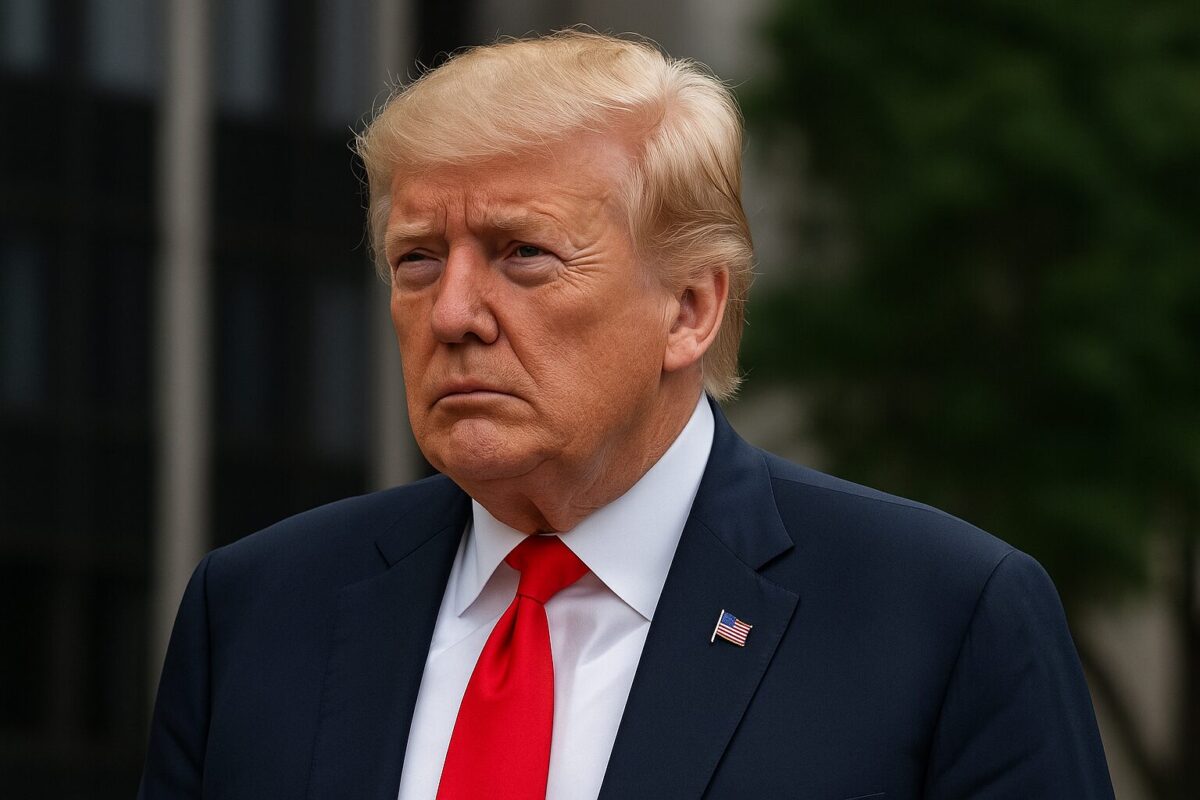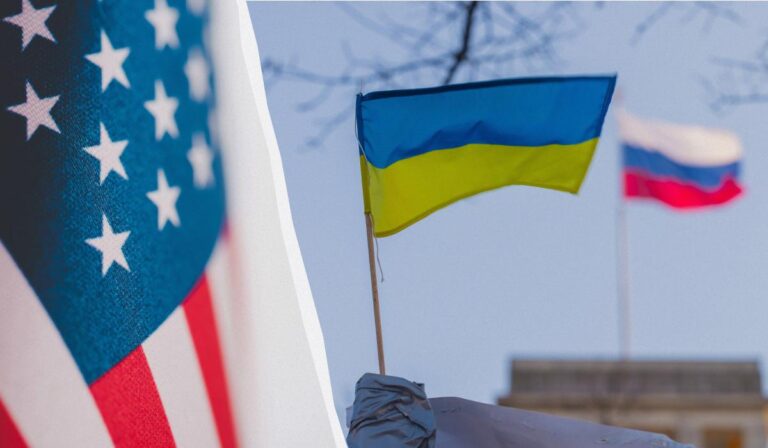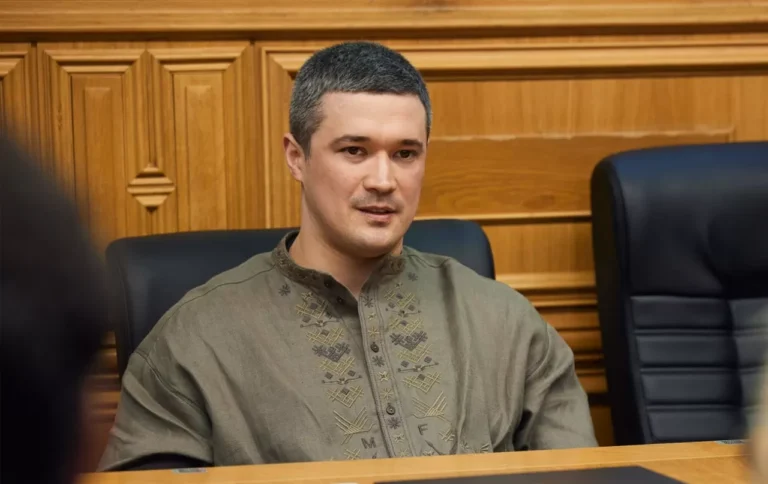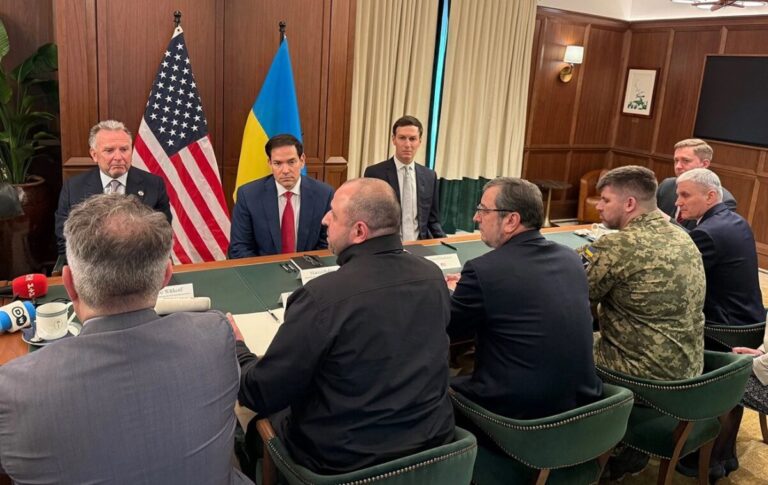
Trump Abandons Sanctions Against Russia: What It Means for Ukraine and Europe in 2025
The United States is shifting its tone. President Donald Trump no longer hides the fact: for him, the war in Ukraine is not a matter of justice — it’s a matter of business. After a phone call with Vladimir Putin, he announced the U.S. will not pursue new sanctions. In response, Europe is reviewing its strategy. Because when politics becomes a transaction, it’s time to prepare for the worst.
What Happened: A Statement That Split the West
Last week, President Trump gave a candid interview, where he made it clear:
- The U.S. is not interested in imposing new sanctions on Russia;
- Personal talks with Putin, he says, are more effective than economic pressure;
- In his view, President Zelensky “has no leverage” to negotiate;
- The war is a “localized conflict” that should be solved economically, not militarily.
These aren’t just words — they mark a real policy shift. And in Europe, they triggered deep concern.
Why It Matters: The U.S. Is More Than an Ally — It’s a Pillar
Since 2022, the U.S. has been Ukraine’s primary supporter:
- Over $70 billion in aid — military, financial, humanitarian;
- Delivery of critical systems like Patriot, HIMARS, Javelins;
- Strong sanctions against Russia, and leadership in global coalitions.
Now, the signals from Washington suggest this commitment may weaken — not gradually, but immediately.
Why Trump Says This: Business First, Not Security
Donald Trump is not a traditional politician. He’s a businessman. And his logic is brutally simple:
If the war doesn’t bring profit to the U.S., it’s not worth the cost.
Russia is a potential market. A source of cheap energy, rare metals, trade routes.
And Putin? To Trump, he’s not an adversary — he’s a negotiator.
“I can make a deal with him directly. That’s more efficient than sanctions,” Trump said.
There is no moral compass here. Just balance sheets.
And if Ukraine doesn’t add value, its role can be rewritten.
Europe’s Response: Worry, Calculations, New Alliances
According to Bild, several European capitals are now preparing for the possibility that the U.S. might abandon Kyiv.
- Berlin, Paris, and Warsaw are discussing independent mechanisms for supporting Ukraine;
- A new bloc, Weimar+, has been activated — involving Germany, France, Poland, the UK, Italy, and Spain;
- The EU is finalizing a new sanctions package against Russia — regardless of U.S. policy.
This is not just diplomatic maneuvering.
It’s a strategic rethink of Europe’s security architecture.
Relevant
Ukraine’s Position: Calm But Firm
President Zelensky hasn’t directly criticized Trump, but his message is clear:
“We gave the world 30 days of restraint. But we know who ruined that chance.”
Kyiv is now urging the EU to:
- Expand sanctions on Russian oil buyers and IT firms;
- Push for full asset confiscation of Russian state funds frozen in Europe;
- Criminalize state-level cooperation with Russia across all EU members.
Ukraine is still playing by international rules. But the board has shifted.
What Comes Next: Three Scenarios
1. Best Case: The U.S. softens its position, under pressure from Congress or global backlash, and keeps providing aid discreetly.
2. Realistic Case: The U.S. pulls back from military leadership. Europe steps in with more funding and logistics, but coordination suffers.
3. Worst Case: The U.S. halts all military support, lifts some sanctions, and returns to business with Russia. Ukraine is left relying solely on Europe.
Conclusion: This Isn’t Betrayal — It’s a Transaction
For Donald Trump, morality has no price unless it brings return. His policies reflect a market logic, not a value system. And Ukraine is now facing the consequences of that shift.
But Ukraine has stood alone before.
And it has learned how to survive not thanks to help — but despite its absence.
If Europe truly believes in the value of Ukraine’s resistance, now is the time to act — not react.















